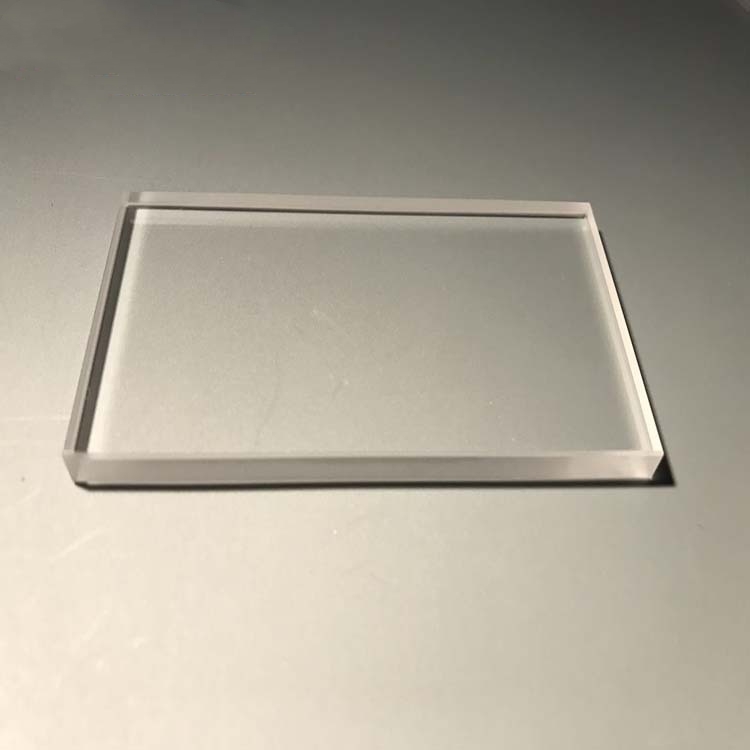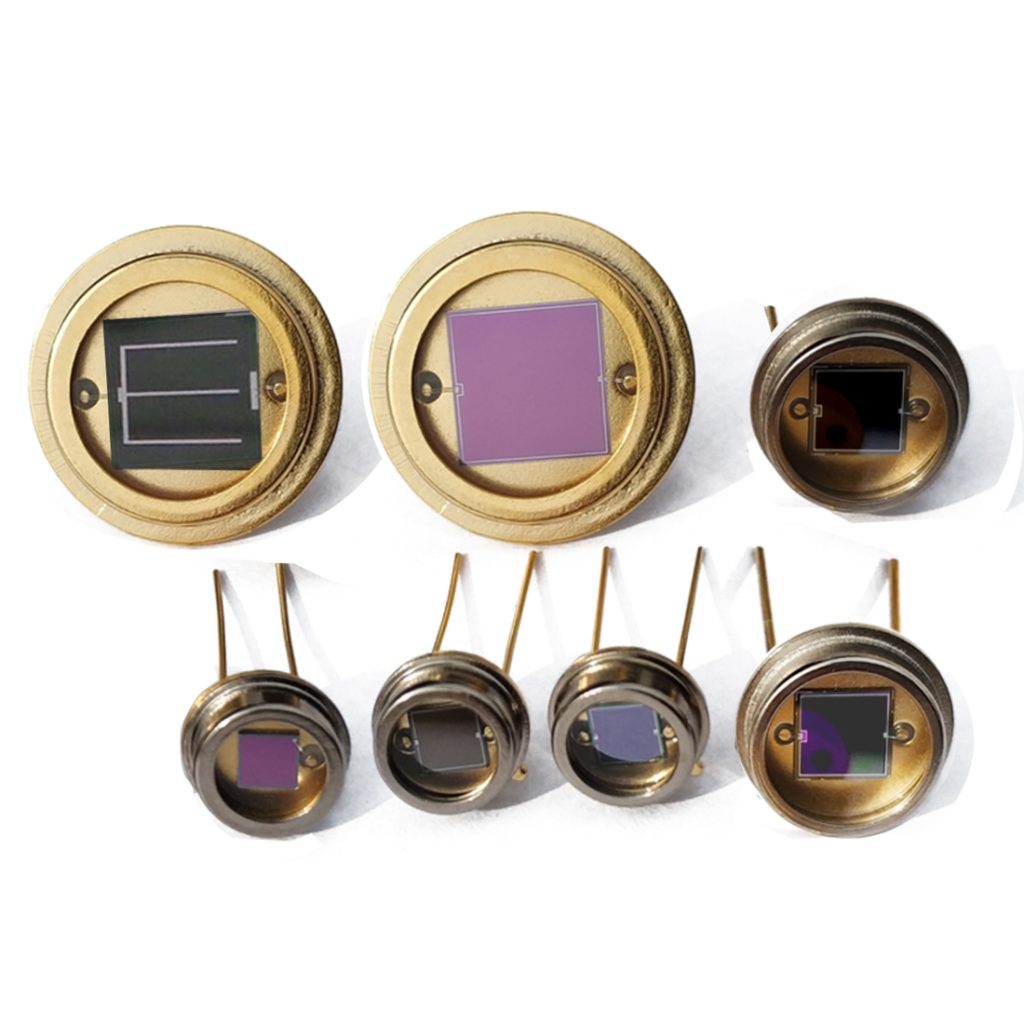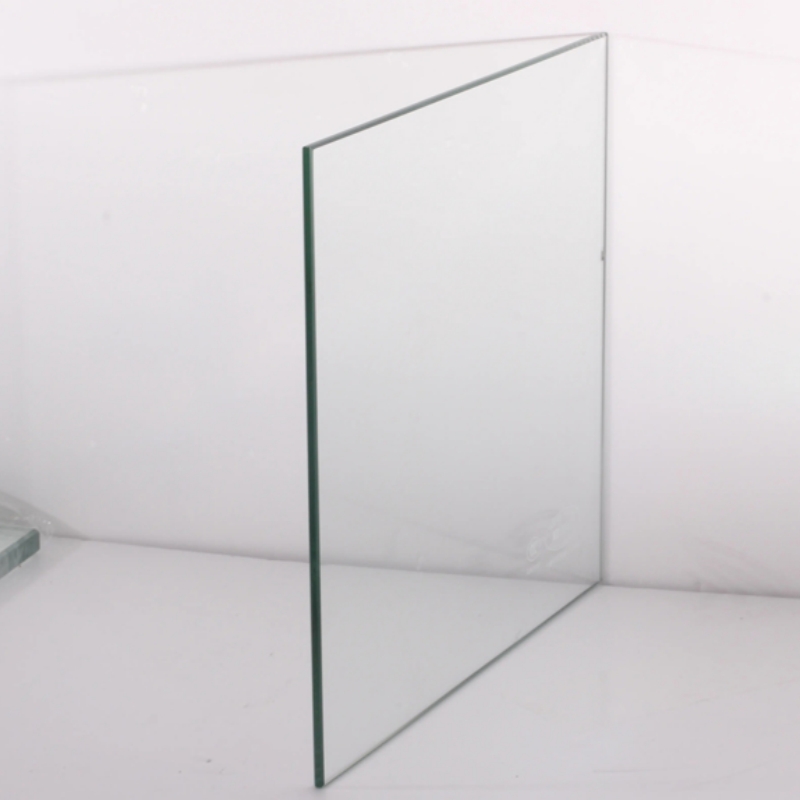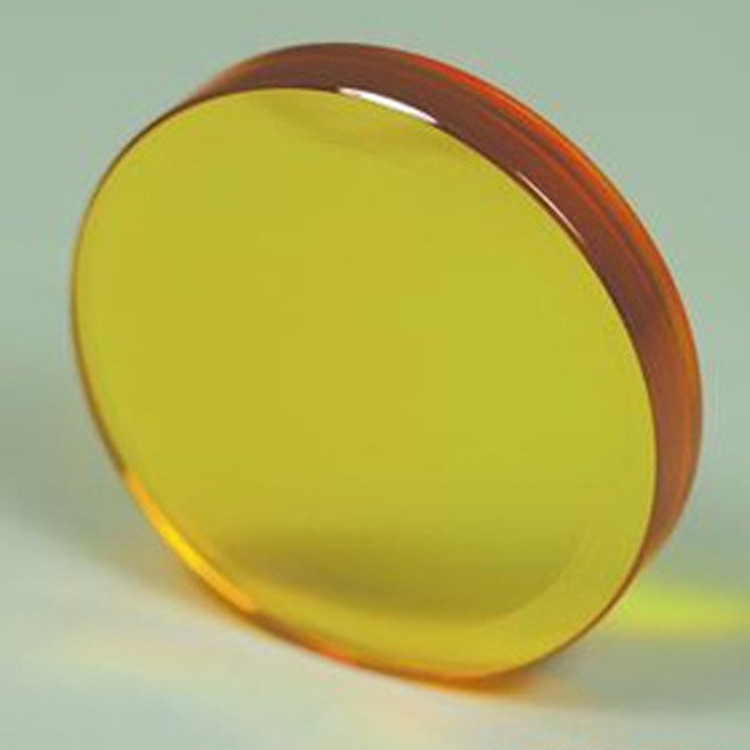Aluminum Silicon Carbide (Al-SiC) is a high-performance metal matrix composite combining aluminum’s ductility with SiC’s strength, offering exceptional thermal conductivity (180-200W/mK) and low CTE for electronic packaging.
Product Overview
Aluminum Silicon Carbide (Al-SiC) is a composite material made from aluminum and silicon carbide, combining the lightweight properties of aluminum with the excellent high-temperature and wear-resistance characteristics of silicon carbide. This material exhibits outstanding stability in high-temperature, high-pressure, and harsh environments, making it ideal for applications requiring high strength, corrosion resistance, and wear resistance. Its superior overall performance makes it widely used in aerospace, metallurgy, machinery, electronics, and various other industries.
Features
- Excellent High-Temperature Resistance: Capable of maintaining stable performance at extremely high temperatures, making it suitable for high-temperature applications.
- Lightweight and High Strength: The composite material has a low density, reducing overall system weight while maintaining excellent strength and rigidity.
- Outstanding Wear Resistance: Silicon carbide provides exceptional wear resistance, making the material ideal for high-wear environments.
- Good Thermal Conductivity: With excellent heat conduction properties, it is well-suited for environments requiring effective heat dissipation.
- Chemical Stability: The material has excellent corrosion resistance to a wide range of chemicals, particularly in acidic and alkaline environments.
- High Hardness: The composite material offers high hardness, making it suitable for applications requiring strength and wear resistance.
- Low Thermal Expansion Coefficient: Its low thermal expansion coefficient helps maintain structural stability even in environments with significant temperature fluctuations.
- Excellent Electrical Properties: The material has good electrical insulation properties, making it suitable for electronic and electrical applications.
Applications
- Aerospace: Used in structural components, engine parts, and thermal protection systems for aircraft and spacecraft to improve high-temperature resistance, corrosion resistance, and lightweight performance.
- Mechanical Manufacturing: Widely used in the mechanical industry, such as seals, bearings, and pump components, to enhance wear resistance and corrosion resistance.
- Metallurgy: Used as a high-temperature material in the metallurgy industry, including in furnace materials, smelting equipment, and high-temperature processing devices.
- Energy Industry: Suitable for high-temperature components and heat dissipation systems in nuclear, solar, and other energy equipment.
- Automotive Industry: Used in high-performance brake systems, engine parts, and exhaust systems to enhance high-temperature and wear resistance.
- Electronics Industry: Applied in high-power electronic components, heat exchangers, and thermal management components to improve heat management.
- Chemical Industry: Used in chemical equipment that needs resistance to corrosion and high temperatures, such as reactors, pipelines, and seals.
- Military: Used in military equipment and facilities that require high strength, corrosion resistance, and high-temperature performance.
Submit Your RequirementsWe will contact you within 24 hours.
 WOBO Scientific Research New Materials One-Stop Service Platform
WOBO Scientific Research New Materials One-Stop Service Platform











